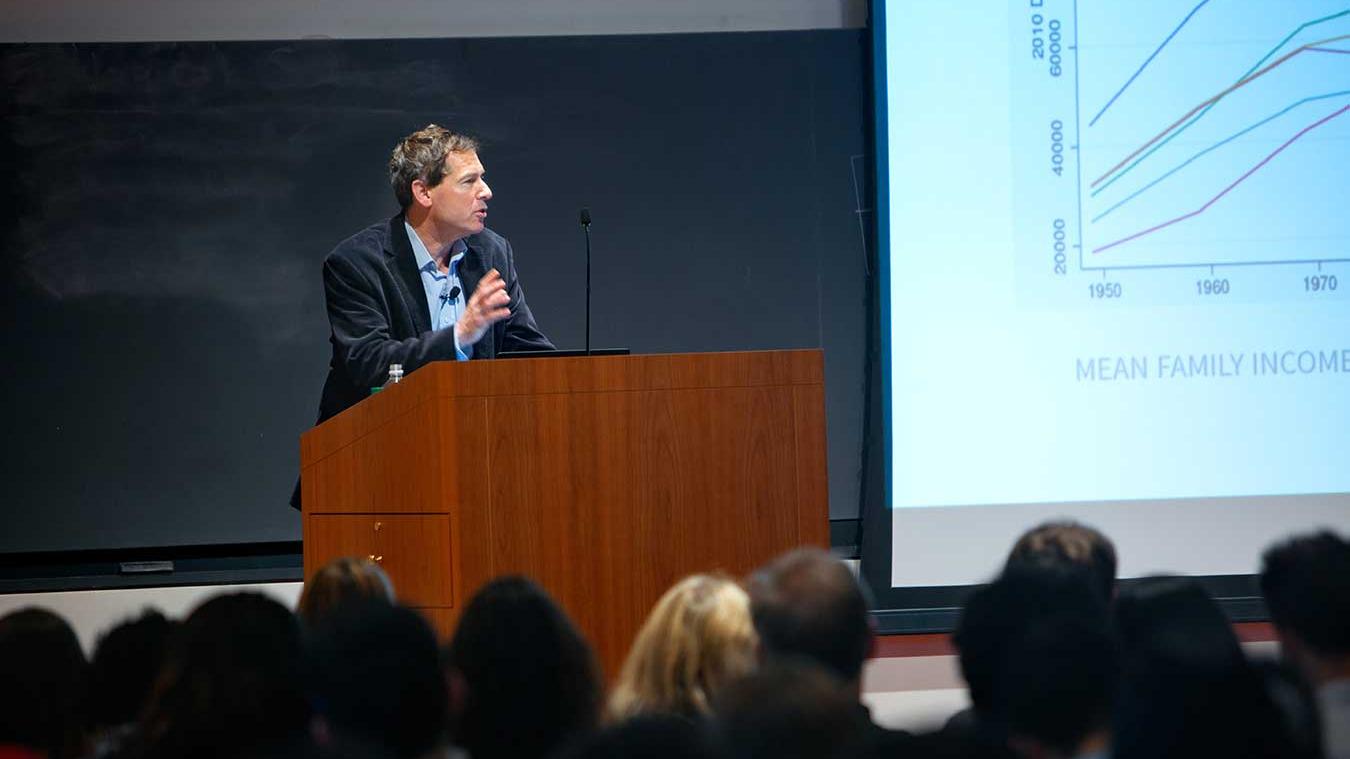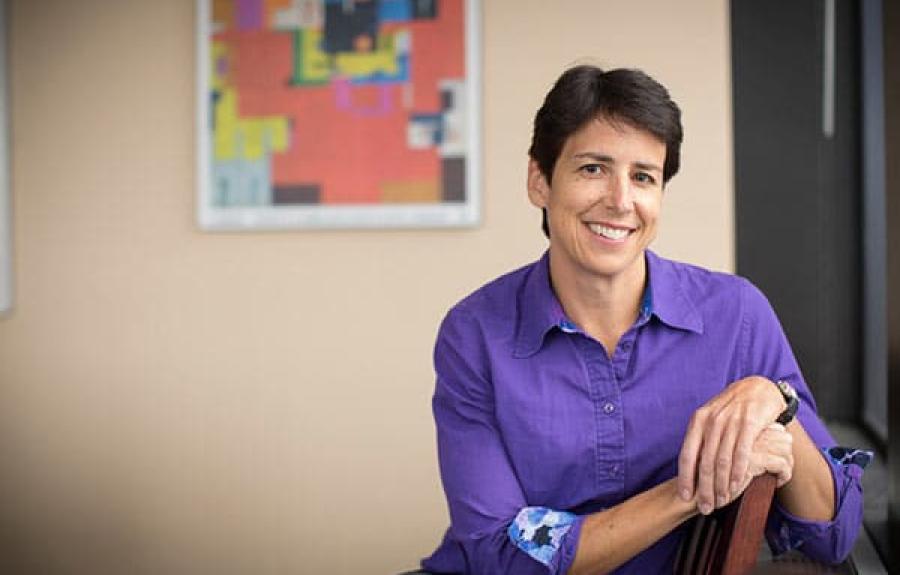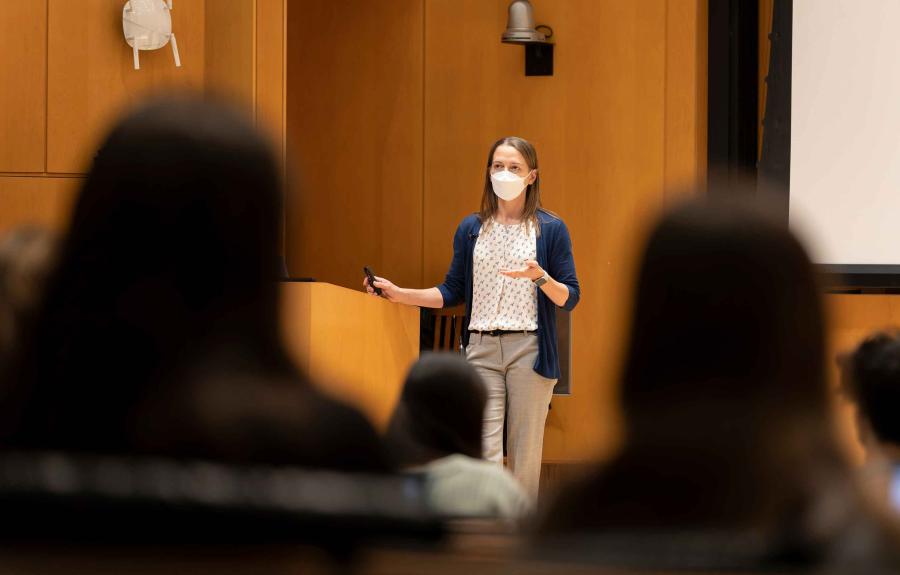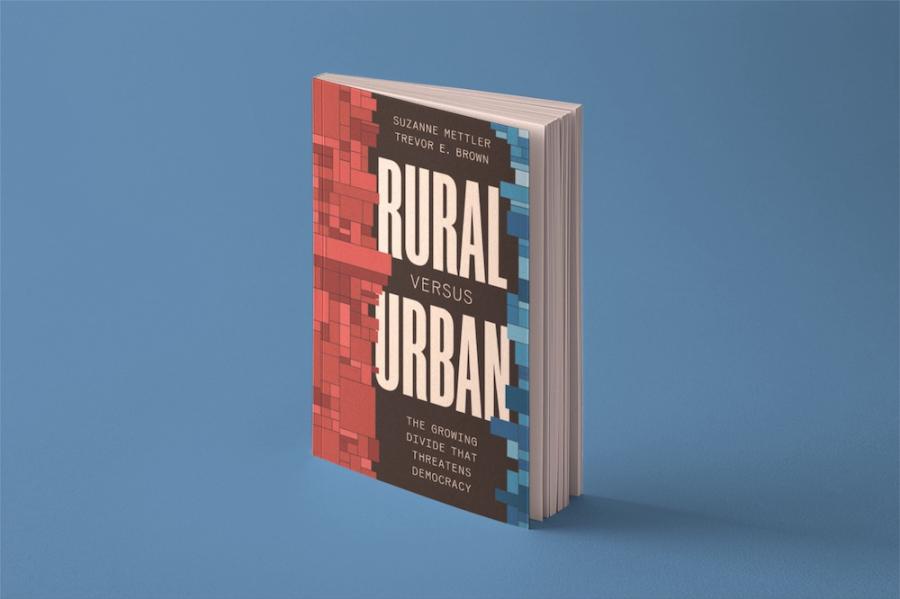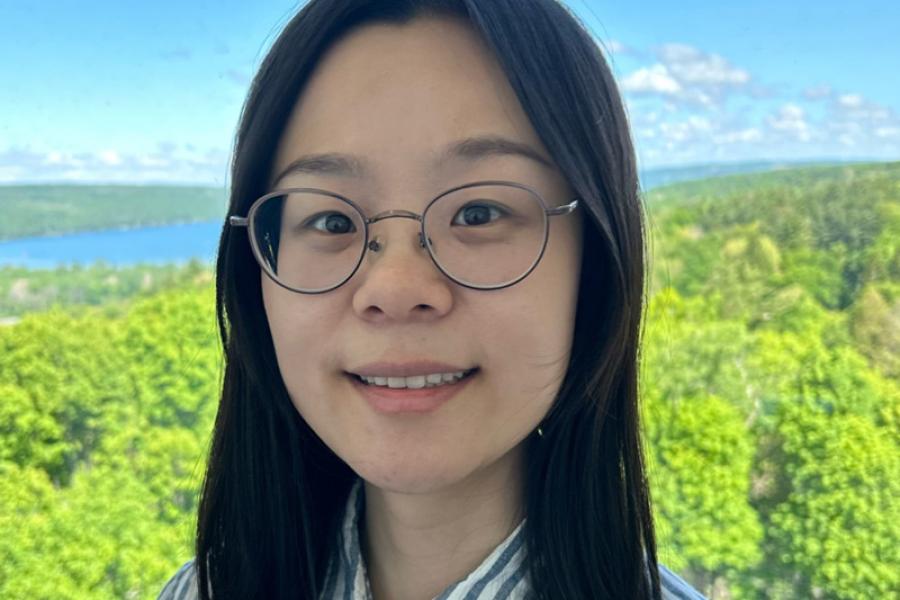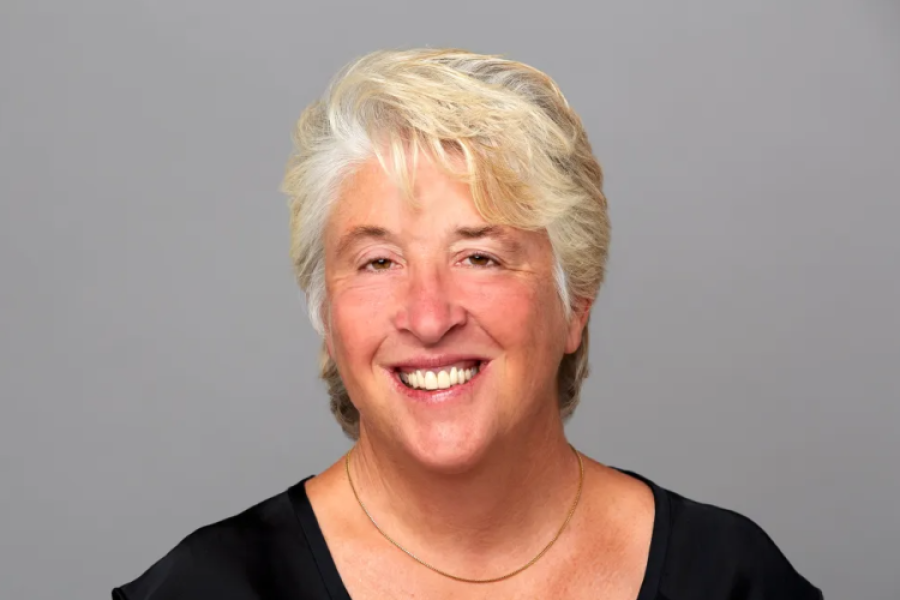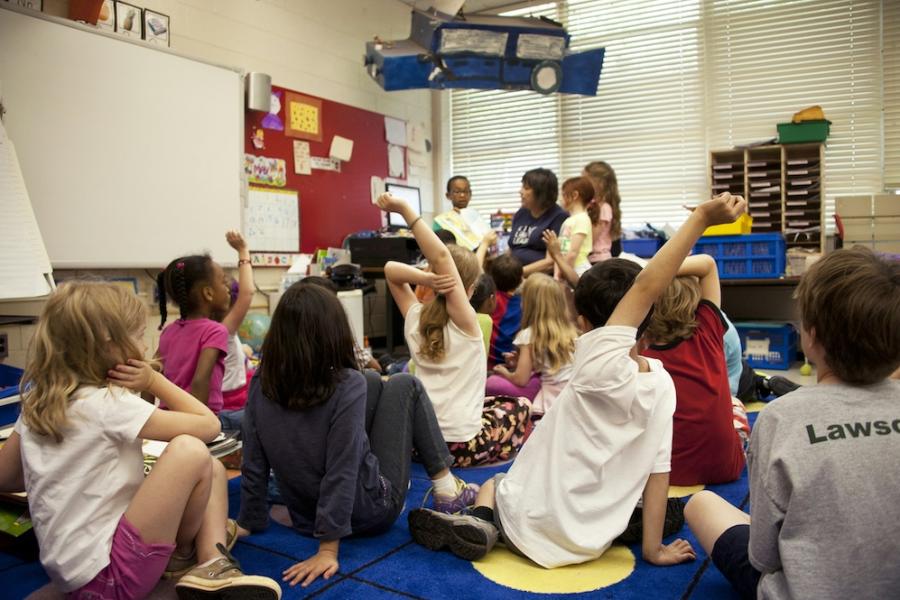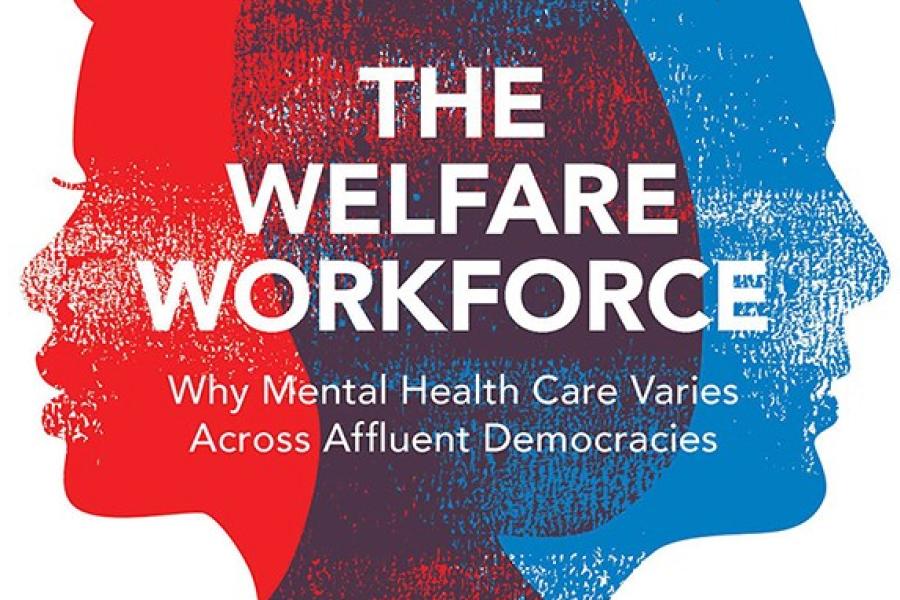Director's Statement
Cornell University’s Center for the Study of Inequality (CSI) is devoted to understanding patterns, causes, and consequences of social and economic inequality. CSI fosters new and cutting-edge research, trains undergraduate and graduate students, encourages the exchange of ideas among inequality researchers, and disseminates research findings to a broader public. It supports research and knowledge that is evidence-based and systematic, whether it is “basic” research that develops formal models of the social processes that underpin inequality or “applied” research that assesses the intended or unintended consequences of policies that affect equality of opportunity.
CSI is based in the Sociology Department in the College of Arts and Sciences, but has more than 100 Faculty Affiliates from around campus. Faculty affiliates study a diverse range of topics, including:
- labor market processes and earnings inequality
- educational attainment and school-to-work transitions
- poverty and homelessness
- intergenerational mobility and equality of opportunity
- residential segregation, neighborhoods, and urban poverty
- racial and ethnic inequality, immigration
- changing family forms and its impact on child development


